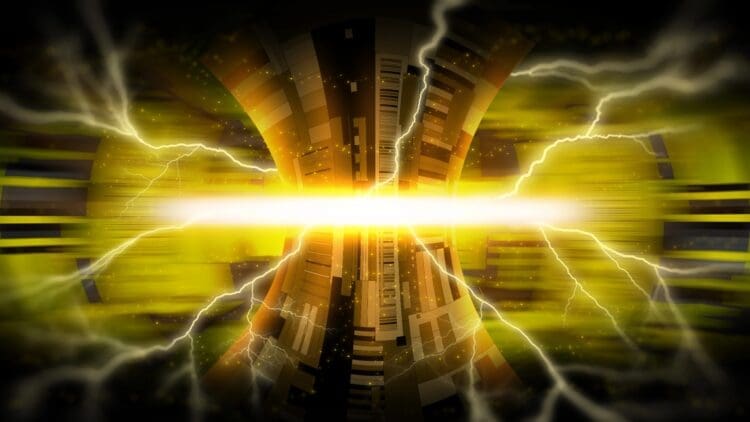As the world embraces the renewable energy sector, France has taken a step towards increased efficiency in the sector. The nation has boosted nuclear efficiency through shorter and more optimized outages in 2024. Nuclear energy plays a vital role in the French energy sector, as the nation produces more nuclear energy than almost any other European nation. Nuclear plants require regular outages for maintenance and safety checks, which would obviously impact the amount of electricity being produced; however, France has optimized their nuclear outages to such a point that the outages have not affected exports.
2024 was a landmark year for electricity exports in France
Any nation that produces electricity through a variety of processes normally assigns a percentage of that energy for exports, while the remainder is usually directed to the local populace. A crucial factor that influences export numbers is the planned outages of nuclear sites that produce energy.
Normally, those outages impact the exporting of energy, which France relies heavily on. In an example of tremendous logistical prowess, France has reported that in 2024, it increased electricity exports by 48%, from 70 terawatthours (TWh) in 2023 to 103 TWh in 2024. The majority of France’s electricity exports go to Belgium and Germany, while a smaller percentage is exported to Spain, Switzerland, the United Kingdom, and Italy.
Overall, in 2024, the French energy sector’s electricity generation increased by 45 TWh, while electricity consumption remained relatively steady. France has become the spiritual home of the nuclear sector as it accounts for the vast majority of energy production.
More than half of France’s energy production comes from the nuclear power sector
As the world transitions away from fossil fuels, which have been the major energy production source for generations, France has emerged as a leader in the nuclear sector, particularly in Europe.
According to France’s Energy Regulatory Commission, in 2024, the majority of energy production in France came from the nuclear sector, 65% to be exact. France has the largest nuclear fleet in Europe, with 57 nuclear reactors currently in operation.
In 2024, nuclear generation increased from 320 TWh in 2023 to 361 TWh, despite no change in installed nuclear capacity, other than the Flamanville Unit 3, which was added in December 2024. This brings nuclear generation more in line with historic output, according to energy and nuclear operator EDF.
France’s EDF is reaping the benefits of reduced nuclear outages due to maintenance
In 2021, EDF instituted measures to address corrosion in France’s nuclear sites. Additionally, it also mandated a change in outage duration, making the process of maintenance more efficient and significantly shorter.
Industry experts have noted that the benefits of nuclear power far outweigh the negative aspects. One of France’s neighbors has begun building a nuclear waste repository, further strengthening the prominence of the sector in Europe. Nuclear power is making an impressive dent in the renewable energy sector.
“The benefits far outweigh the costs, with 28 times 2023’s CO2 emissions avoided since nuclear power came online in France. It’s crucial that we continue to invest in this sector, especially in a country that has first-rate experience in the field.” – Institut Molinari
Nuclear power will become as much a part of the French identity as a well-made croissant
The world is embroiled in the inevitable transition away from the non-renewable energy sector towards the renewable industry. Even nations that have vast amounts of sun and wind have turned to the nuclear sector as it increases efficiency. Egypt recently reached a critical milestone in its El Dabaa nuclear reactor, pointing to the proclivity of nuclear power globally. France’s government, which has been fostering relations with the United States through a questionable relationship with US President Trump, will continue to rely on nuclear power to reach its self-imposed carbon neutrality by 2050.





